According to reports, a study on medical marijuana for insomnia patients at Washington State University has been released. Researchers surveyed people who use medical marijuana to help with insomnia, and over 80% of respondents no longer take their previous sleeping pills and instead use medical marijuana products. The study was published in Exploration of Medicine.
Washington State University report link:
https://news.wsu.edu/press-release/2023/11/13/cannabis-users-appear-to-be-relying-less-on-conventional-sleep-aids/
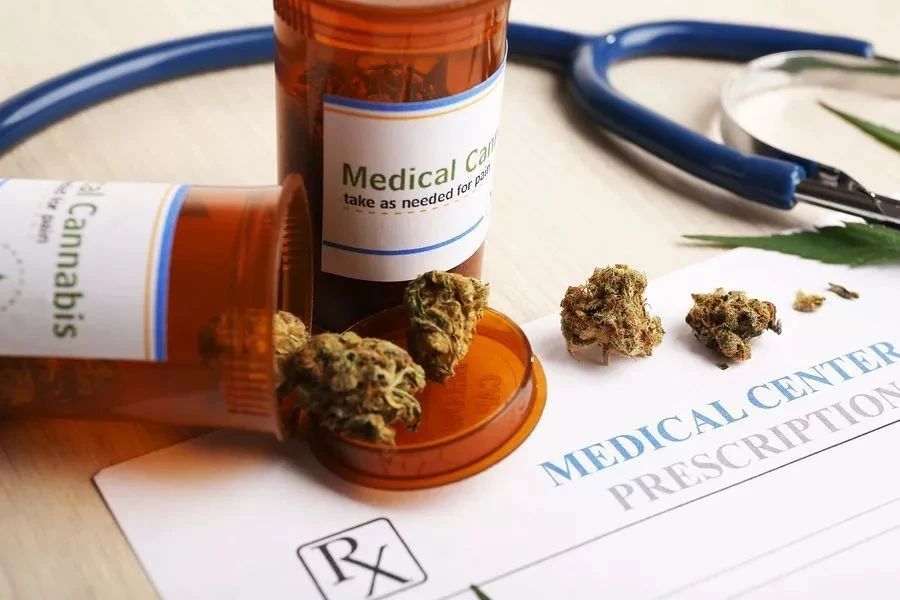
The analysis included 1216 insomnia patients (55.9% female, with an average age of 42.5 years [18-77 years]). More than half of the participants complained of difficulty falling asleep (82.2%), feeling tired the next day (68.1%), waking up for no reason at night (67.1%), difficulty falling back asleep (61.6%), and decreased performance the next day due to insufficient sleep (53.9%).
64.9% of respondents stated that they have been struggling with the aforementioned sleep issues for over 5 years. The most common comorbidities and symptoms among participants were heartburn (79.4%), anxiety (61.8%), chronic pain (48.5%), and post-traumatic stress disorder (28.6%).
In order to maintain sleep, they need THC, CBD (cannabidiol), and cannabis terpenes (Terpene). Among patients who use medical marijuana for insomnia, 30.2% have been using it for less than a year, 38% have answered for 1-3 years, and 13.6% have answered for 3-5 years. 68% of people reported using medical marijuana "every night".
Most people report that using medical marijuana can relax their brain (83%) and body (81%). 56.2% of people say that medical marijuana helps with "deeper sleep," 41.6% say "longer sleep," and 36.3% say marijuana helps with "uninterrupted sleep.
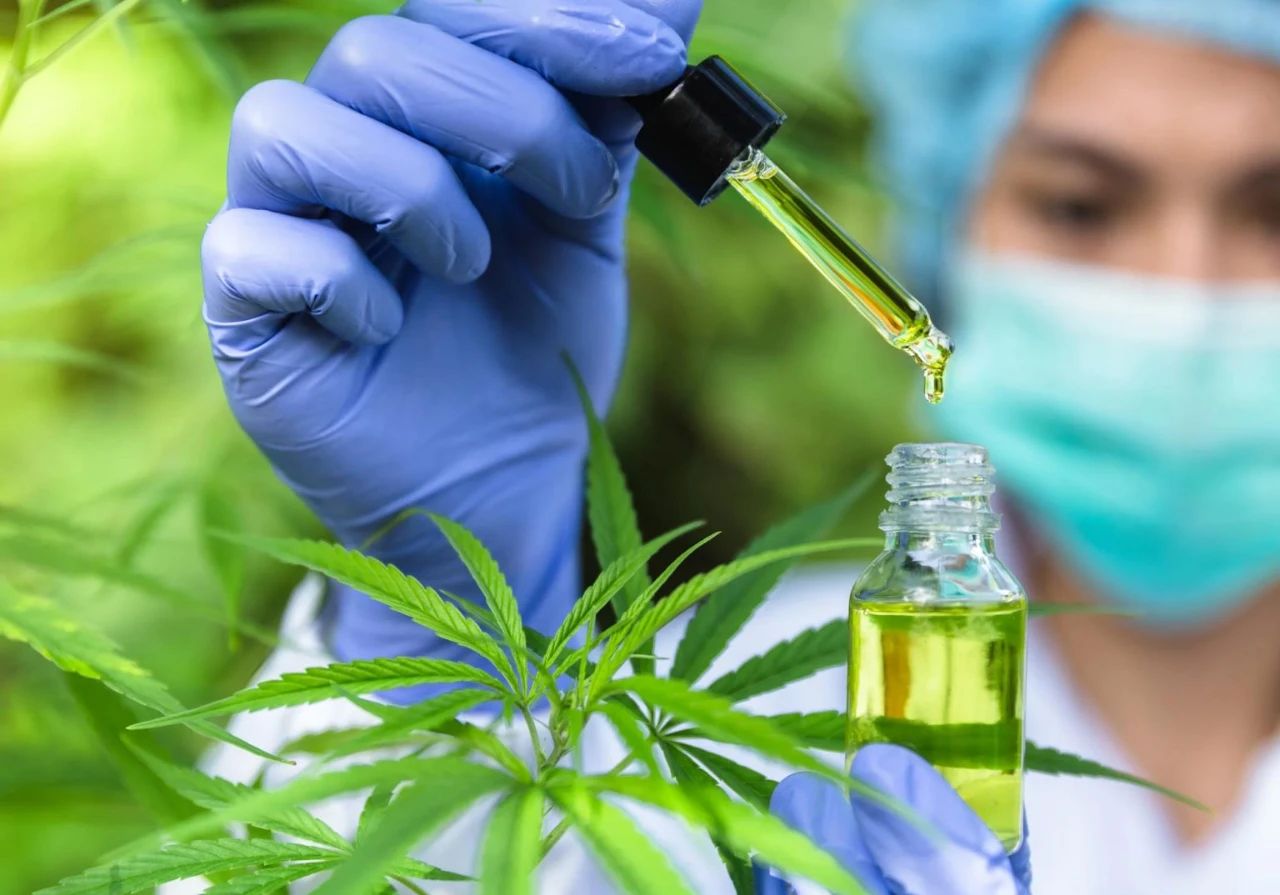 When choosing cannabis products, 624 respondents stated that they would consider specific cannabinoids or terpenes. The most popular cannabinoids are tetrahydrocannabinol (78.8%), cannabidiol (47.1%), and cannabinol CBN (18.1%), with the majority (60%) of respondents stating that they prefer products with higher THC content.
When choosing cannabis products, 624 respondents stated that they would consider specific cannabinoids or terpenes. The most popular cannabinoids are tetrahydrocannabinol (78.8%), cannabidiol (47.1%), and cannabinol CBN (18.1%), with the majority (60%) of respondents stating that they prefer products with higher THC content.
In terpenes, what is needed are milson (49%), vanillin (26.9%), and limonene (24.7%). In fact, in studies on rodents, these terpenes have been reported to have sedative effects.
The most commonly consumed method of cannabis is cannabis cigarettes (46.1%), by essential oils (42.5%), electronic nebulization (42.6%), and consumption (34.9%).
Overall, the self-reported findings in this study support previous research that suggests THC, CBD, and cannabis terpenes may help reduce sleep related issues
After using medical marijuana, over 80% of people no longer take sleeping pills
53.2% of people used to take prescription sleeping pills, while 60.6% used over-the-counter sleeping pills available on the market. However, now 81.8% of people say they have not taken these sleeping pills again. Among them, 7.9% of people use both marijuana and prescription sleeping pills, and 4.4% of people use both marijuana and over-the-counter sleeping pills. This suggests that medical marijuana may reduce dependence on sleeping pills, "the researchers said.
526 patients who have used all three medications - medical marijuana, prescription sleeping pills, and over-the-counter sleeping pills - were asked to answer the efficacy and side effects of each medication.
The results showed that compared to using only prescription or over-the-counter sleeping pills or not using any sleeping pills, significantly more people reported feeling better (88.6%), more focused (80%), and better functioning (74.9%) the next morning after using medical marijuana, without reporting serious side effects.
On the other hand, on the second morning after using medical marijuana, the proportion of respondents who felt more sleepy (22.4%), anxious (24.3%), and irritable (22.6%) significantly increased compared to those who only used prescription or over-the-counter sleeping pills or did not use any medication.
As for the side effects, researchers reported a higher incidence of eye congestion (43.7%) and dry mouth (67.9%) caused by the use of medical marijuana, but found a significant increase in the percentage of nausea, anxiety, and increased heart rate reported by prescription and over-the-counter sleeping pills. In addition, compared to marijuana, patients taking prescription sleeping pills have a higher incidence of paranoia and irritability.
Finally, when asked about their average sleep time, they found that the most likely respondents (63.2%) said that using medical marijuana alone can help them sleep for 6-8 hours. The proportion of prescription sleeping pills is 15.3%, the proportion of over-the-counter sleeping pills is 13.1%, the combination of marijuana and sleeping pills is 14.9%, and those who do not take them are 9.5%.
Overall, these results indicate that among study participants, medical marijuana is considered more suitable for sleep aid than sleeping pills and has fewer side effects.
However, this study has some limitations, including that it only includes medical marijuana users (risk of bias), subjective assessments (lack of objective results), alleviation of medical conditions other than sleep may be relevant, and due to its observational nature, causal relationships cannot be clarified. Therefore, in order to verify whether medical marijuana is effective in treating insomnia, we need to conduct more high-quality clinical trials.
In fact, currently only a few clinical trials of medical marijuana focus on insomnia. A review published in 2023 found that there is currently no conclusive evidence to support the use of marijuana to treat sleep disorders. However, as shown in this study, people who have already used marijuana for sleep have reported significant improvements, and sleep focused cannabis clinical trials are gradually being implemented.
Researchers from the Australian National Institute of Integrative Medicine reported that compared to placebo, 29 insomnia patients who took cannabis oil for two weeks had a significant increase in accumulated melatonin at night, and 65% of patients were not clinically diagnosed with insomnia.
In a survey of 1600 medical cannabis patients in Australia, about 80% of them answered that using cannabis improved their sleep. Most people (94.5%/414 individuals) reduced their dosage of benzodiazepines, with 62.5% of 514 individuals reporting a decrease in alcohol intake.
In a survey of 1513 medical marijuana patients in New England, USA, due to the use of medical marijuana, 65 2% of people reported a reduction in sleeping pills. The study also reported a reduction in dosage and the use of opioid drugs (76.7%), anti anxiety drugs (71.8%), migraine drugs (66.7%), alcohol (42%), and antidepressants (37.6%).
In a survey conducted in Colorado, one of the earliest states in the United States to legalize the use of marijuana, 74% of 1000 marijuana users responded that they use marijuana to promote sleep. Among these individuals, 84% found marijuana to be "helpful" for their sleep, with the majority reducing or stopping the use of prescription sleeping pills (83%) or over-the-counter sleeping pills (87%).
Another study in Colorado also confirmed this, as the market share of sleeping pills decreased after marijuana began to be sold. However, marijuana and sleeping pills are both the last resort to solving insomnia, and the first thing you should do is to "improve your lifestyle".


 English
English français
français Deutsch
Deutsch русский
русский italiano
italiano español
español português
português Nederlands
Nederlands 日本語
日本語 한국의
한국의






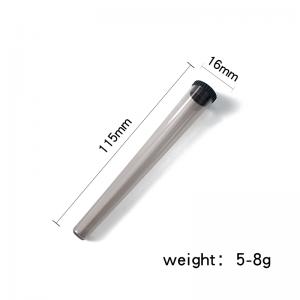
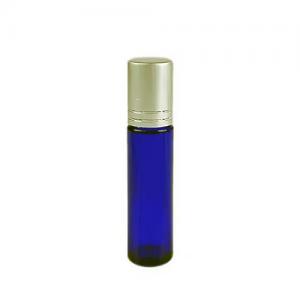
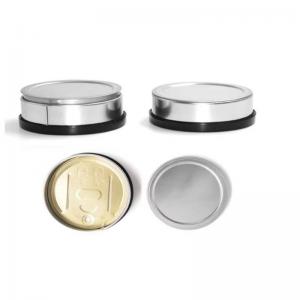
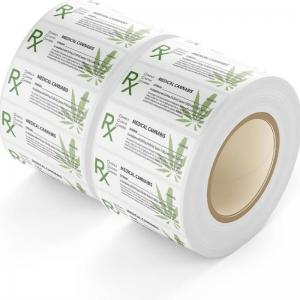
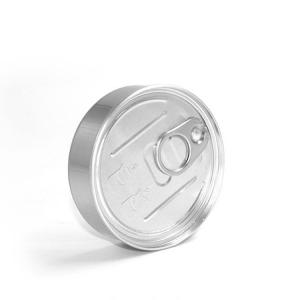
 2024-08-12
2024-08-12
 When choosing cannabis products, 624 respondents stated that they would consider specific cannabinoids or terpenes. The most popular cannabinoids are tetrahydrocannabinol (78.8%), cannabidiol (47.1%), and cannabinol CBN (18.1%), with the majority (60%) of respondents stating that they prefer products with higher THC content.
When choosing cannabis products, 624 respondents stated that they would consider specific cannabinoids or terpenes. The most popular cannabinoids are tetrahydrocannabinol (78.8%), cannabidiol (47.1%), and cannabinol CBN (18.1%), with the majority (60%) of respondents stating that they prefer products with higher THC content.
 Online service
Online service +86 15375471059
+86 15375471059

